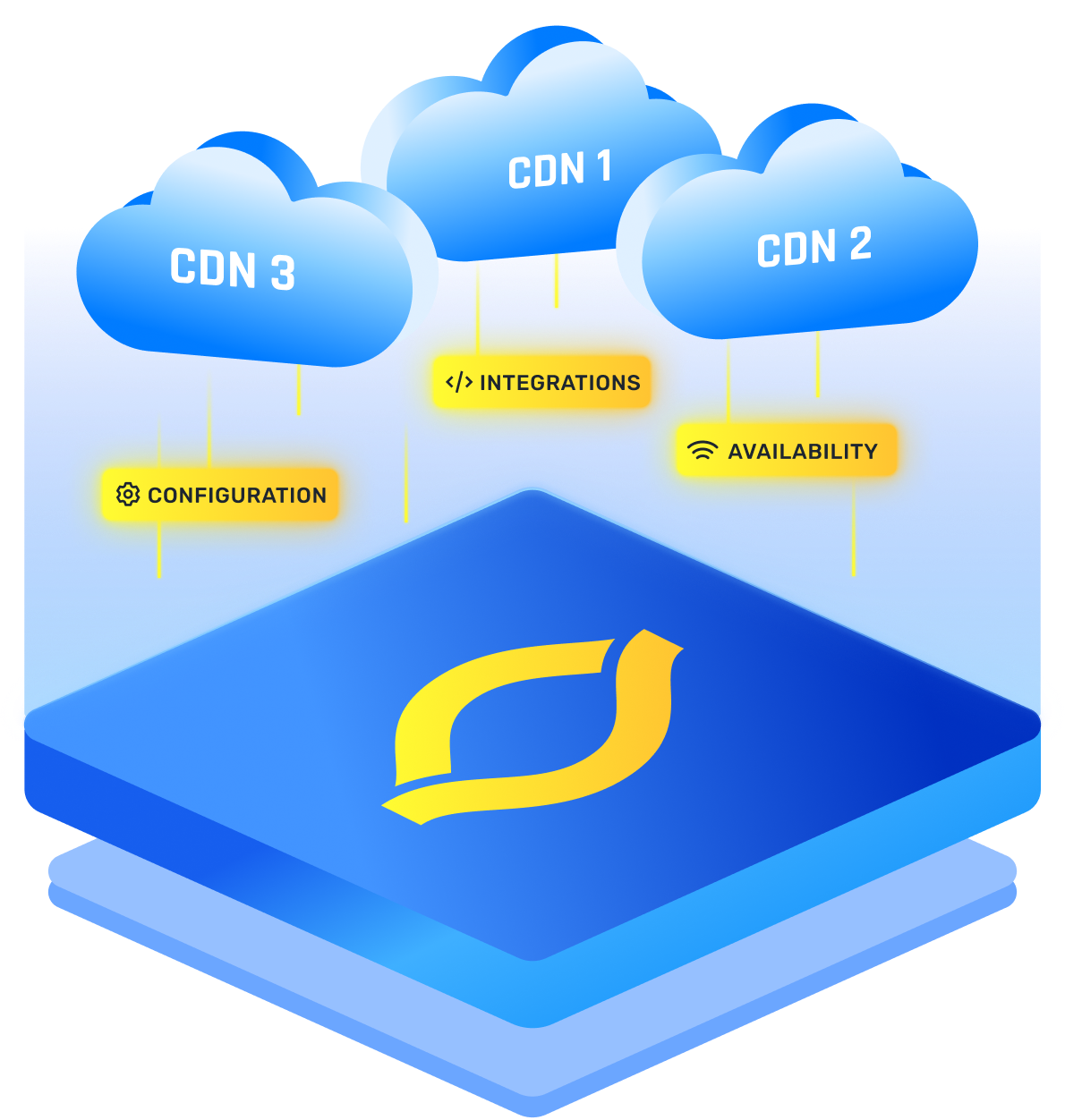Can a DNS Firewall Prevent Phishing Attacks?
Table of contents
Yes, a DNS firewall can prevent phishing attacks by blocking access to malicious domains known for phishing activities. It works by filtering DNS queries and preventing users from accessing dangerous sites, thus stopping phishing attempts before they reach the user.
Here’s how a DNS firewall can help prevent phishing attacks:
1. Blocking Malicious Domains
A DNS firewall works by controlling which domain names can be resolved through the DNS system. When a user tries to access a website, their device sends a DNS query to resolve the website’s domain name into an IP address.
A DNS firewall checks this query against a list of known malicious domains, such as those used for phishing attacks. If the domain is flagged, the firewall prevents the DNS resolution, effectively blocking the user from reaching the phishing site.
By maintaining up-to-date lists of phishing domains, a DNS firewall can prevent users from unknowingly accessing fraudulent websites. This proactive approach ensures that even if a user clicks on a phishing link, they won’t be directed to a malicious site.
2. Customizable DNS Firewall Rules
DNS firewalls are highly customizable, allowing administrators to set DNS firewall rules that fit their security needs. These rules control how the DNS firewall responds to suspicious or harmful DNS requests, or a DNS amplification attack, even. For example:
- You can block entire categories of websites, such as those known for phishing or malware distribution.
- You can create specific rules to block newly registered domains, which are often used in phishing campaigns.
- Rules can also be created to monitor and log suspicious activity for further investigation.
3. DNS Firewall Ports and Traffic Control
A DNS firewall works by monitoring and controlling traffic over certain DNS firewall ports (typically port 53, which is used for DNS queries). By monitoring traffic over these ports, the firewall can filter out potentially dangerous requests in real-time.
For example, if a phishing attempt involves redirecting users to a fraudulent site through a DNS query, the firewall blocks the request at the port level, preventing the user’s device from connecting to the malicious server. This method ensures that phishing attempts are blocked before the user even realizes that something is wrong.
Additionally, if you are using a more advanced DNS application firewall, it can also control traffic across other application-level protocols, offering deeper insights into the types of data being requested and providing even more granular security controls against phishing, and DNS data exfiltration.
4. Protection Beyond URLs: DNS Firewall vs Traditional Web Filtering
Traditional web filtering solutions often rely on URL filtering, which checks the URL that a user is trying to visit. While effective, URL filters can sometimes miss threats—especially when attackers use complex redirects, shortened URLs, or IP addresses to trick users.
A DNS firewall provides an additional layer of protection by focusing on DNS requests rather than URLs, identifying core DNS attack vectors.
Here’s why this is important:
- DNS-level filtering happens before the browser even attempts to access a website, so phishing attempts are blocked earlier in the process.
- DNS firewalls are harder for attackers to bypass because DNS resolution is essential for most network activities, making it a natural chokepoint for filtering traffic.
- Unlike URL filtering, DNS firewalls can block access to entire domains, not just specific pages, ensuring more comprehensive protection against phishing.
5. Integration with DNS Application Firewalls for Enhanced Security
In some cases, a DNS application firewall can complement the DNS firewall by providing even more advanced filtering capabilities. A DNS application firewall works at a higher level by inspecting the actual DNS traffic and applying security policies that go beyond simply blocking or allowing queries.
For example, a DNS application firewall might:
- Analyze DNS traffic patterns to detect unusual activity that may signal a phishing attempt, such as sudden spikes in DNS requests to a suspicious domain.
- Inspect DNS query contents for signs of DNS tunneling, which attackers sometimes use to bypass traditional security measures and launch phishing attacks.
- Use machine learning to identify and block domains that have not yet been added to threat intelligence databases but show characteristics of phishing sites.
6. Combating Phishing in Real-Time with Threat Intelligence Feeds
One of the key advantages of a DNS firewall is that it can integrate with real-time threat intelligence feeds. These feeds provide up-to-date information about emerging phishing domains and other cyber threats.
As new phishing campaigns are identified, the threat intelligence feed updates the DNS firewall with the latest information.
This means that the DNS firewall can block access to phishing domains in real-time, even before they have been widely reported or added to traditional blacklists.
7. Preventing Phishing Through DNSSEC and Security Enhancements
A DNS firewall also supports additional security protocols like DNSSEC (DNS Security Extensions). DNSSEC helps ensure that DNS responses are not tampered with during transmission, which is crucial in preventing man-in-the-middle attacks commonly used in phishing schemes.
By enforcing DNSSEC validation, a DNS firewall can:
- Verify that the DNS responses users receive come from legitimate sources.
- Protect against DNS cache poisoning, a tactic that attackers use to redirect users to phishing websites.
Together with other DNS security measures, DNSSEC ensures that users are always directed to the correct sites, further protecting them from phishing attacks.



.png)
.png)
.png)